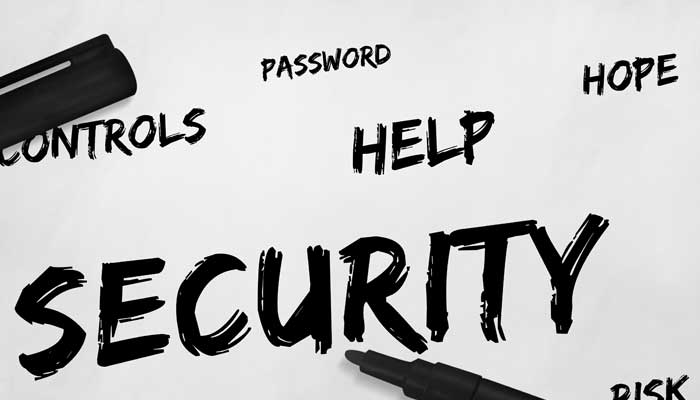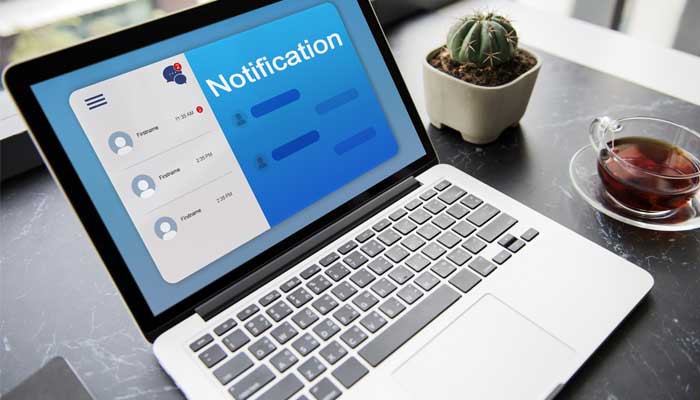Blog Highlights:
-
Identity Theft is a Growing Concern: Approximately 30 million Americans are affected by identity theft, where criminals steal personal information to commit fraud like draining bank accounts and opening bogus credit lines.
-
Common Types of Identity Theft: Be aware of prevalent forms such as medical identity theft, credit card fraud, home title fraud, and child identity crimes to better recognize and prevent these threats.
-
Ten Practical Fraud Prevention Tips: Protect yourself by securing personal documents, shredding sensitive paperwork, using strong passwords with two-factor authentication, monitoring financial accounts and credit reports regularly, avoiding public Wi-Fi, updating security software, and staying informed about the latest scams.
Hard-working families lose billions annually to scammers, and the need to take firm fraud prevention measures has never been more urgent.
The Federal Trade Commission (FTC) fielded approximately 2.6 million fraud complaints last year alone. With a variety of tools at the disposal of criminals, members of the community have to take action and stay alert to try and avoid becoming victims. We hope these 10 fraud prevention tips help you stay ahead of the scammers.
What is Identity Theft?
Identity theft involves a thief acquiring another person’s personal information, such as their Social Security number, driver’s license, birth and death certificates, bank account PINs, and other items that could be used to commit a white-collar crime. The most common uses of identity information include writing bad checks, draining bank accounts, opening a line of credit, and making online purchases.
In 1998, Congress passed the Identity Theft and Assumption Deterrence Act, making identity theft a federal crime. Depending on what the personal information is used for, identity theft convictions carry a 15 to 30-year prison sentence. Despite the risk of significant jail time, identity theft criminals continue to threaten hard-working people daily.
9 Common Types of Identity Theft
Identity theft crimes involve the unauthorized use of someone’s personal information. Fraudsters may leverage a driver’s license, Social Security number, passport, birth certificate, and other documents to open checking accounts, credit cards, and even take out loans. In some scenarios, they buy products and sell them on the black market. In others, your personal identity information may be sold on the Dark Web. These rank among the more prevalent identity theft crimes.
-
Medical Identity Theft
-
Credit Card Fraud
-
Checking Account Fraud
-
Home Title Fraud
-
Child Identity Crimes
-
Mail Fraud
-
Tax-Related Fraud
-
Unemployment & Benefits Fraud
-
Passport Fraud
It’s also possible for criminals to use synthetic identity theft to pose as someone else. With enough information, they can assume your identity and live under your name. Any crimes an impostor commits could become the victim’s responsibility to resolve.
Identity Theft Bodyguard
The Bureau of Justice Statistics estimates that approximately 30 million Americans have been victimized by identity theft. Some people suffer thousands of dollars in losses. Others see entire bank accounts drained, and phony credit cards crush their once-healthy credit history. It’s in everyone’s best interest to take practical fraud protection steps to ensure you don’t join millions of identity theft victims.
Fraud Prevention Tips
Fraud prevention measures are designed to deter scammers in real life and online. Putting solid roadblocks in an identity thief’s way will likely prompt the criminal to look elsewhere for easier targets. These are fraud prevention steps that you can take to protect your personal identity information right now.
1. Be Cautious with Personal Information and Beware of Phishing Scams
The convenience of purchasing items online opens the door to schemes used by cybercriminals. Hackers will do anything to gain access to credit cards, bank accounts, and individual identity information to exploit it or sell it on the Dark Web.
They get personal information by deploying phishing schemes that motivate people to respond to electronic messages. Some ask for emergency digital payments. Others request usernames and passwords. Lastly, emails and text messages prompt people to download a file laced with malware or go to a website that infects their devices. It’s imperative not to share your full name, address, driver’s license, medical insurance, Social Security number, credit card, bank account information or anything that can be used to develop an identity theft profile. Never click on a link or open a file or attachment unless you are sure it’s legitimate and free of malicious software.
2. Shred Documents
Any official document or financial record that has an account number or personal identification information should be shredded or destroyed. Never put this paperwork in the trash because criminals do rifle through bins.
3. Use Strong Passwords and Enable Two-Factor Authentication
There are three easy ways to deter cybercriminals. Never give out your password. Use a capital letter, symbol, and a number to ensure password strength. Don’t forget to utilize two-factor authentication as a fallback defense. Two-factor authentication works by sending a code to a secondary device that hackers cannot control.
4. Monitor Financial Accounts Regularly
Nothing substitutes due diligence. Checking and double-checking credit cards and bank statements on a regular basis ranks among the best ways to detect suspicious activity. If you notice any unauthorized charges, contact the financial institution or credit card company immediately. You may need to file a fraud complaint with the FTC and local law enforcement.
5. Freeze Credit Reports
If you are denied a loan or credit card due to an unusually low FICO score, you may already be the victim of identity theft. Gather the information needed to demonstrate you are the real person associated with the credit reports handled by Equifax, Experian, and TransUnion. Request an immediate freeze to ensure no further fraud occurs.

6. Be Wary of Public Wi-Fi
When you use public Wi-Fi, you may be handing online scammers entrance to your device. If allowed, they can quickly steal your personal identity information and drain financial accounts.
The additional cost of unlimited data for a hot spot on your phone may be a good fraud prevention investment. These and other virtual private networks allow users to forego public Wi-Fi offered at cafés and other businesses.
7. Update Security Software
Electronic devices require regular software updates for your protection. When you see requests, it’s essential to allow the update to run as soon as possible. In many cases, these are necessary security patches designed to prevent widespread breaches. Update the software and anti-virus programs on an ongoing basis.
8. Monitor Credit Reports Regularly
One of the best ways to be sure no one is using your identity data is to go online and request a credit report from the three reporting bureaus on the Annual Credit Report website. You have a right to request a free credit report from Equifax, Experian, and TransUnion every 12 months.
Taking this proactive measure allows you to scrutinize the transactions and blemishes on your credit score. Look for unauthorized transactions and accounts that you did not open.
9. Secure Personal Information
Place items such as Social Security cards, birth certificates, death certificates, and passports in a safe or lockbox. These documents allow fraudsters to open and access accounts with impunity. It’s also prudent to keep financial statements in a secure location as well.
10. Educate Yourself
Hackers and fraudsters who steal physical documents and private information continue to invent clever schemes to benefit from your success. That’s why it is crucial to stay ahead of felons by learning about the latest scams and implementing security measures. We hope you put these fraud prevention tips to good use and continue to protect yourself and your family from fraud.
Finex Has Resources to Help
Finex is committed to helping our valued community members protect their personal identity information. For more ways to reduce your risks, improve your online security, and stay updated on the latest scams and fraud alerts, visit Finex online today.


